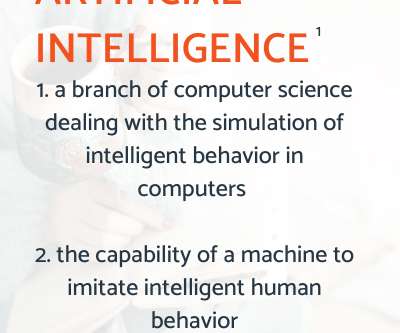Why We Think Things Are Good When They Are Bad
Beyond Philosophy
SEPTEMBER 10, 2020
It’s a psychological phenomenon called Cognitive Dissonance, and it’s why we sometimes think that things are good when they are, in reality, bad. We all create Cognitive Dissonance. The third way people resolve Cognitive Dissonance is to change their perception of the beliefs, which means rationalizing your actions. .






































Let's personalize your content